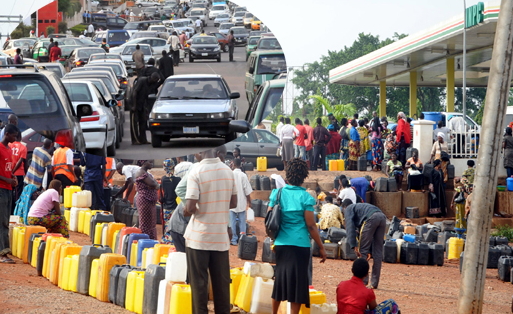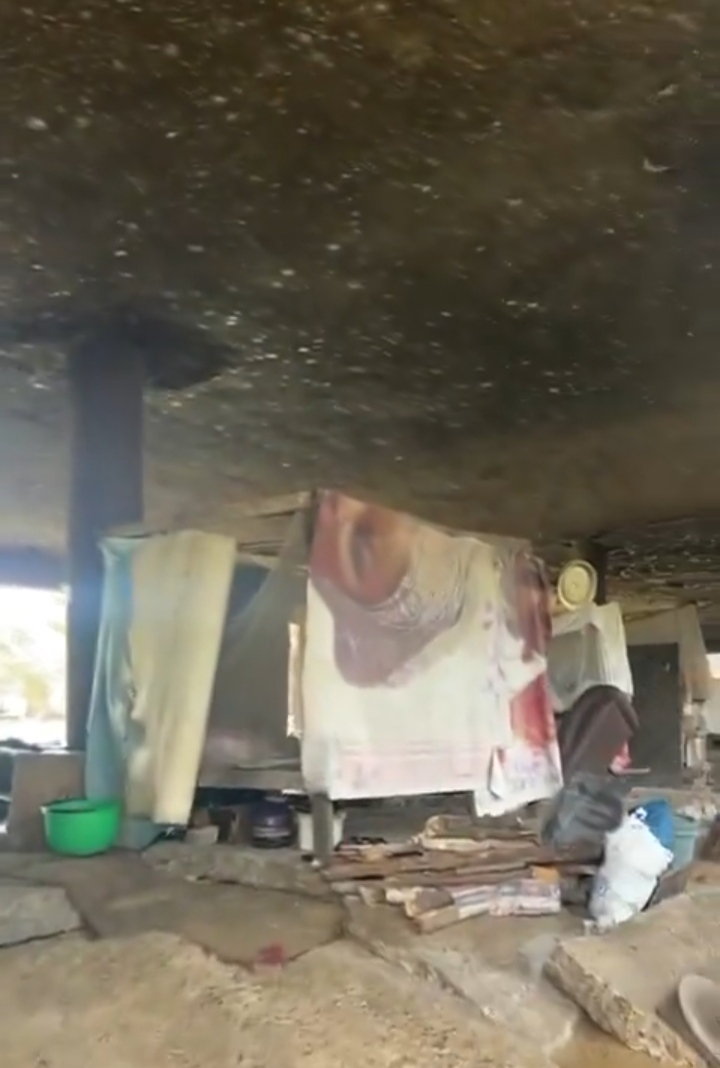Fresh Hike In Price Of Rice Looms Over Scarcity Of Paddy
- Yusuf Oketola
There are fresh indications on the imminent hike in the price of rice – considered as the most common staple food in Nigeria, in the next few weeks, going by the shutting down of rice mills in major rice producing states in the country.
Findings by OSUN DEFENDER revealed that a 50kg bag of rice, which sold for between N30, 000 and N35, 000 between December 2022 and February 2023, has increased to between N40, 000 and N45, 000, depending on the brand across markets in the country.


With the current development, the price of the cereal grain may likely increase to N50, 000 or more in weeks to come, as more mills are closing down due to scarcity of paddy, the main raw material for rice production.
This will no doubt aggravate the plight of already distraught Nigerians who have been battling to survive the current food crisis caused by the fuel subsidy removal and the economy policy of the current administration.
According to the Food and Agriculture Organisation (FAO), Nigeria is the largest producer of rice in Africa, producing about 8,435,000 tonnes yearly, followed by Egypt, Madagascar, Tanzania and Mali.
Reports have it that hundreds of millers – both integrated and small scale, are in serious dilemma and finding it extremely difficult to break even. It was learnt that in Kano State, some of the mills have shutdown, while millers in Kebbi, Kaduna, Adamawa and other rice producing states are toeing that path.
The Chairman, Northern Chamber of Commerce, Industry, Mines and Agriculture, Dalhatu Abubakar, who confirmed the development, said majority of the integrated rice millers in Kano are currently sourcing paddy at exorbitant price of N400, 000 per tonne, from N330, 000 in June, 2023.


Due to the dearth of the raw material, a larger percentage of integrated rice millers in Kano now source for paddy at exorbitant rate. Between June and now, the price of paddy increased from N330, 000 per tonne to N400, 000 per tonne.
Millers are already cutting down production from 24 to 12 hours, leading to laying off of workers. Those that have yet to close because they still have limited paddy in their reserve cannot operate 24 hours. I have reduced my production to 12 hours because I don’t have paddy. By implication, several workers will be rendered jobless.
READ: Niger Govt Mandates ID Cards For Herders
He confirmed that the implication of the current challenge would be high price of rice and increase in smuggling of foreign brands.
“Wherever you see paddy now, you buy it at exorbitant price and you will still be compelled to face high cost of fuel, pay tax and electricity bill. How many factories would survive this hard economy? The only hard way now is the cost of finished rice, which Nigerians will soon face,” he said.
In Kaduna State, according to findings, many millers are currently at risk of shutting down due to shortage of paddy supplies.
Due to the development, millers now follow the few farmers who have paddy to their farms to outbid fellow millers in order to secure grains for milling.
The Kaduna State Coordinator of the Seed Poverty Eradication Multi-Purpose Co-operative Society (FEHDON), a subgroup of the All Co-operative Society of Farmers, Abdul-Rahman Ali Musa, regretted the shortage of paddy in the state. He said: “In fact, millers are now following farmers to their farms. If paddy is not available, they will definitely be out of business.
“Some millers are even going to neighbouring countries like Cameroun and Benin Republic for paddy rice. Automatically, they are buying processed rice that they will now to reprocess. Farmers are really facing challenges of sourcing inputs to insecurity. Many farmers have gone broke.
“Insecurity is also contributing to lack of paddy availability to millers. Many farmers who borrowed money to farm before are even scared of doing so now. They are afraid of being kidnapped. They are helpless and have no money to buy fertiliser.”
The Chief Executive Officer of FalGate Milling and processing, Kaduna, Sadiq Falalu, said the paddy shortage has made milling very complex for the processors. “There is surely shortage in supply of paddy. There is more demand and less production. There is no enough rice.
He explained that many millers experiencing hardship now is as a result of the large size of their milling factory. On her part, the Chief Executive Officer of Almabruk Farms and Processing in Minimum City area of Kaduna, Mrs Fasilat Ibrahim, also regretted the development, saying it is the cause of shutting down of plants.
“We are yet to shutdown, but instead of milling and processing 100 bags of rice, we now process just 10 bags. We are not out of production, but we are affected by shortage of paddy,” she added.
OSUN DEFENDER learnt that the paddy shortage is majorly caused by the closure of the Niger Republic border, where a large chunk of the cereal is procured to service the mills, but since the closure caused by the coup plot in the country, millers have been in dire straight.
Though sector players agreed the border closure is a major challenge, they however, claimed that several factors aggravated the untoward situation, majority of which are beyond the means of the millers. They identified flooding, insecurity and high cost of inputs as part of the problem.
The Chairman, Rice Farmers Association of Nigeria (RIFAN), Kebbi State, Mohammed Augie, attributed the paddy shortage to what he called lean period. “We are just approaching new harvest, so normally at a period like this; supply of paddy is always short. Farmers have for a long time harvested and have sold their stock out. What that means is that the dealers who bought and stock the paddy are responsible for the scarcity.
“Though we get a good quantity of paddy from Niger Republic, but what we have here is more than that. We are supposed to be harvesting by now, but the rain was a bit late this years, so farmers planted late, so harvest is in two to three weeks from now. So, before that time, we have to expect shortage in the market. Normally, the price of rice will increase because there is shortage in the market.
A farmer based in Yola, Adamawa State, Alhaji Ahmed Santuraki, told Journalists that the issue of border closure should not be there. “The issue is man-made, we made it ourselves, our people just want money. We grew a lot of rice in the country but our people are greedy, they want to make more money.
“Our people are hoarding the paddy because they want to sell in high prices. Some are using the issue of fuel subsidy to increase price of rice, but it shouldn’t be like that. So, I don’t think it was caused by the border closure.
“The price of rice should not be as much as it is today, I think it is deliberate; they increase the price to make more money. If rice is not available in market, of course the price of the few in the market will go up but as far as I am concerned, I don’t think the price of rice should be as high as it is currently. The dealers are responsible for the high cost of rice, not because there is no rice, the rice is there, but our people are too greedy. They like themselves more than they like the country,” he said.
On her part, Mrs Ibrahim said aside the border closure, “The cost of inputs, electricity and payment of workers is something else on it own. Despite cutting down on our production and processing, we are still confronted with all these.
“Insecurity has also prevented some farmers from cultivating crops. Price of grains has also increased and it is expected to go higher. People are not ready to buy animal feeds we processed at higher rate. A lot of farmers have packed up.”
On his part, the Chairman, Northern Chamber of Commerce, Industry, Mines and Agriculture, Abubakar, said: “Wherever you see paddy now, you buy it at exorbitant price and you will still be compelled to face high cost of fuel, pay tax and electricity bill. How many factories would survive this hard economy? The only hard way now is the cost of finished rice, which Nigerians will soon face.”He called for government’s intervention in the area of mechanisation and support for farmers with needed inputs for all-year-round farming.


Yusuf Oketola is a trained journalist with over five years of experience in the media industry. He has worked for both print and online medium. He is a thorough-bred professional with an eye of hindsight on issues bothering on social justice, purposeful leadership, and a society where the leaders charge and work for the prosperity of the people.










